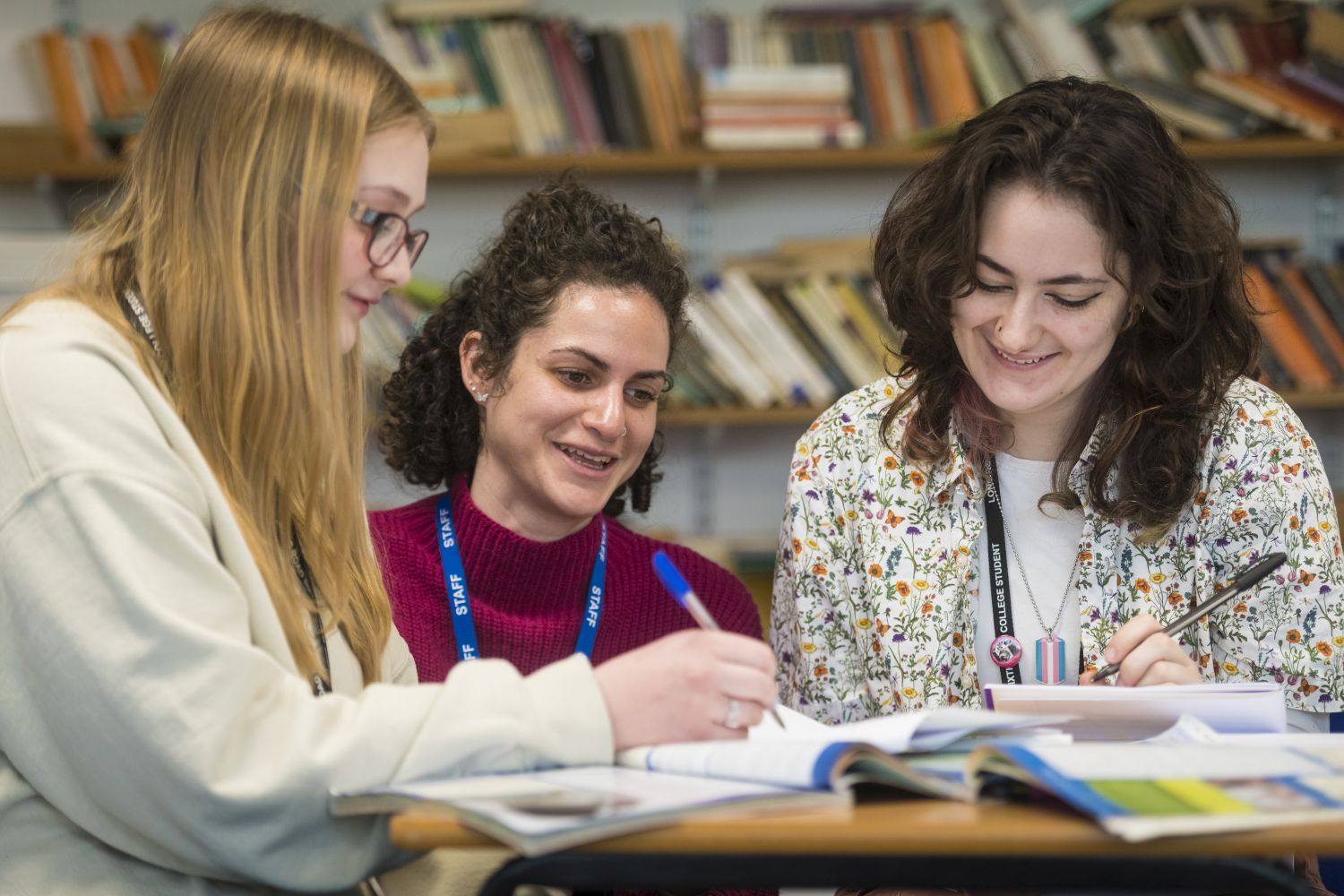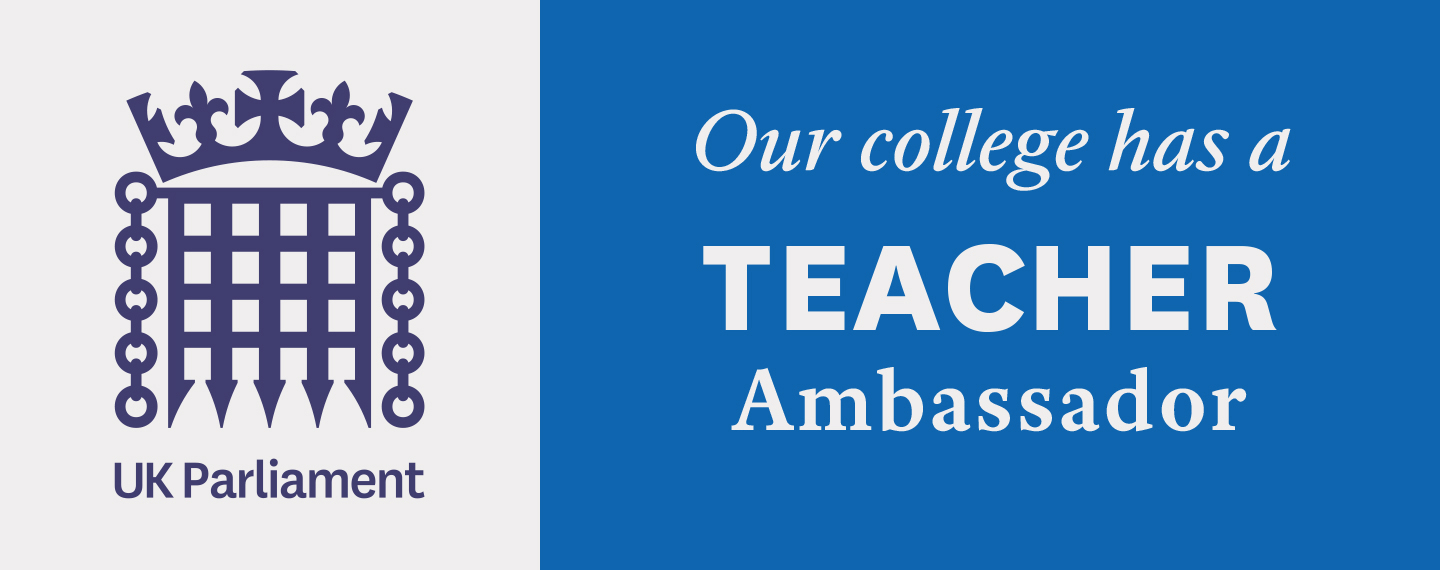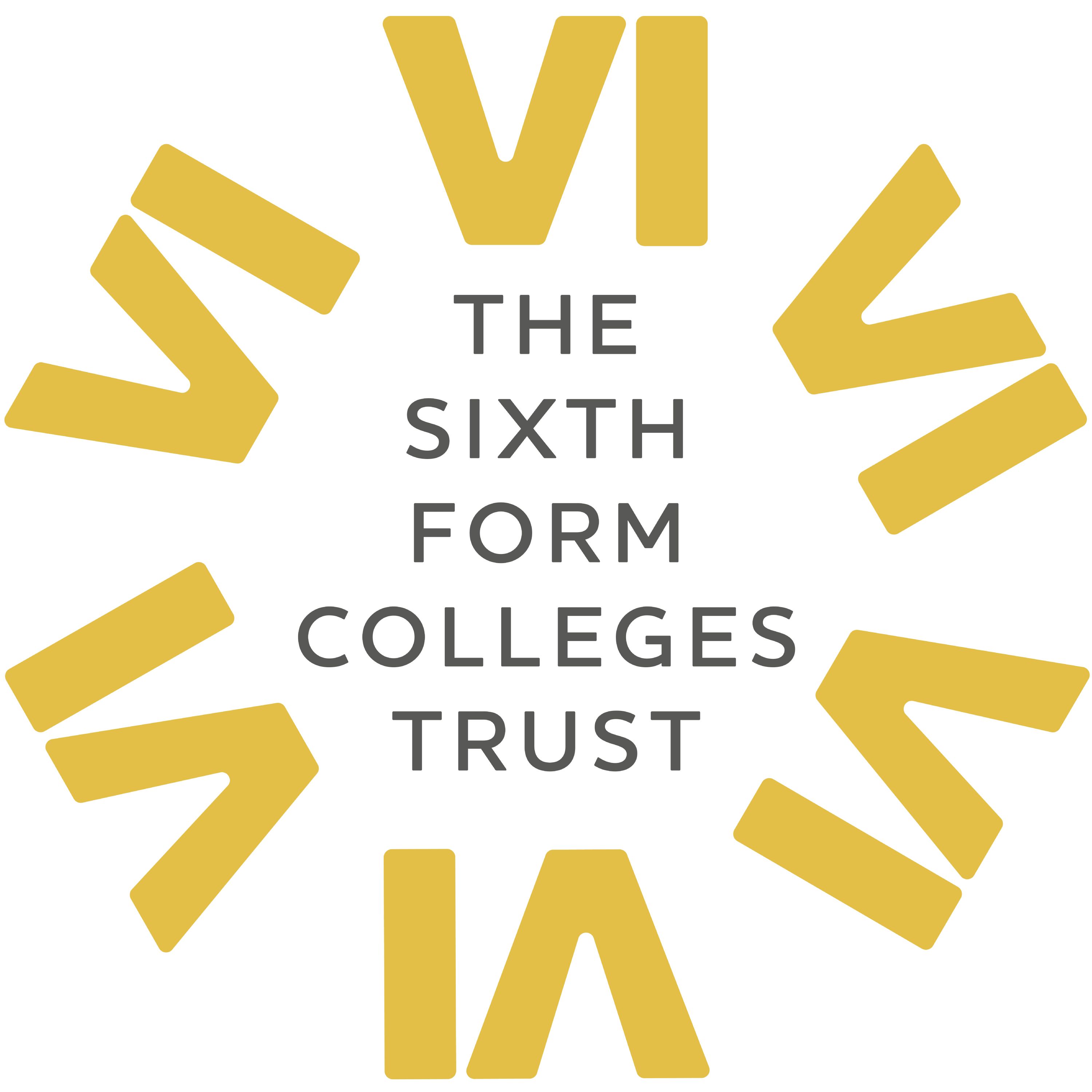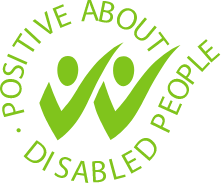
Psychology Level 3 Applied
Course Overview
Psychology is the scientific study of the human mind and behaviour. Applied Psychology focuses on how psychology can be used to tackle real world problems and improve people’s lives. Unlike A Level Psychology, you will be assessed by both coursework and examinations, meaning your final grade is not based on exams only.
This course is available to study as an Extended Certificate (60-credit course, equivalent to 1 A Level)
In Year 1, you will explore four key approaches in psychology: Social, Cognitive, Learning and Biological. You will develop your understanding of how psychological research and concepts can explain gender identity, aggression, and consumer behaviour. The exam will require you to apply your knowledge to real world scenarios. The coursework will involve writing a research proposal as well as planning, conducting, and reviewing your own research.
In Year 2, you will study health psychology, building on the knowledge of psychological approaches you developed in year 1. You will look at a variety of topics including theories of health belief, stress and addiction, treatments for these conditions, methods used to persuade people to adopt health behaviours and theories of non-compliance to treatments. Your coursework will focus on forensic psychology; learning about how we can understand crime from a psychological perspective, the effectiveness of punishment and rehabilitation and how to make an offender profile.
Many of our students progress to university, however a significant and growing proportion follow the Degree Apprenticeship route; recent examples including Police Constable Degree Apprenticeship and Degree Apprenticeships at Addenbrooke’s Hospital.
Year 1 Modules
- Approaches and Applications
- Conducting Psychological Research
Year 2 Modules
- Health Psychology
- Criminal and Forensic Psychology


Key Info
Minimum Entry Requirements
- Five GCSEs at Grade 4 including:
- Grade 4 in GCSE English Language
- Grade 4 in GCSE Maths
- Grade 4,4 in GCSE Double Science OR Grade 4 in GCSE Biology
Assessment
- 50% Exam
- 50% Coursework
- Exam Board: Edexcel
Why choose this course?
You will enjoy this course if you are interested in how humans think, feel and interact with each other. You will also like it if you would like to work with people as a future career. A love of science at school is ideal. And you will benefit from a keen interest in doing independent research, meeting deadlines. You should choose it if you like a challenge.
We run weekly workshops to support you in developing exams skills. In addition to this you will be invited to participate in trips such as a visit to Auschwitz in Poland to learn about psychology of the holocaust. In addition, we invite visiting speakers from universities as well as local employers such as Addenbrookes.
Skills you'll gain
The course offers the opportunity to develop skills in extended writing, critical thinking, self-reflection, as well as use of academic convention in report writing. You will also acquire skills for working independently, time management and research methods – the ability to design and carry out research, analyse data and report findings. Skills in IT (such as excel) are also gained. Moreover, you will also develop exam and revision techniques as you will need to memorise facts for units 1 and 3.
After Long Road
Many of our students go on to university having studied applied psychology. However, a significant and growing proportion are also following apprenticeships after college. Some examples are Police Constable Degree Apprenticeship and degree apprenticeships at Addenbrooke’s.
Psychology prepares you well for the world of work and many of our students go into local employment, making good use of the skills we help develop.
Applied Psychology has been a fascinating subject to take, learning the different views of how the mind works and why people act the way that they do in different situations. This is my first applied course and I have really enjoyed doing the coursework aspect: researching, planning and carrying out a study all of which was really fun to do. I have also enjoyed looking at a few studies in depth which I've found is better than memorising loads of studies in little detail. Finally, I like taking the knowledge that I have gained from psychology and applying that to the real world as it has sort of opened my eyes to some behaviours that I see in day to day life.








